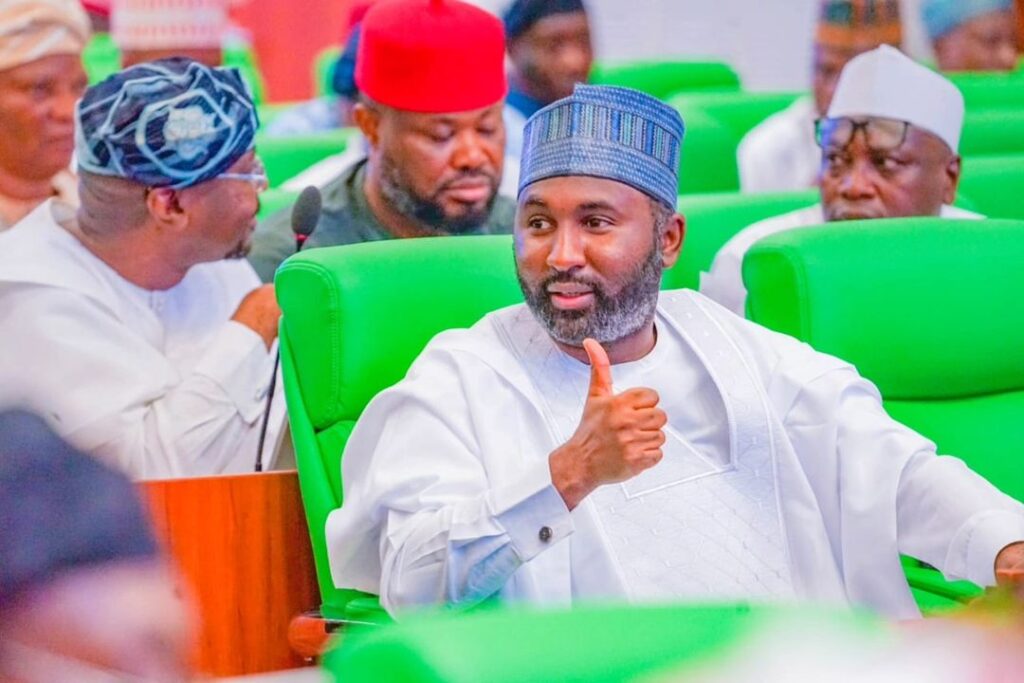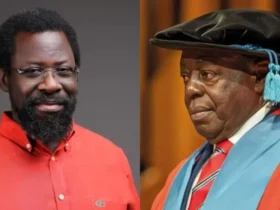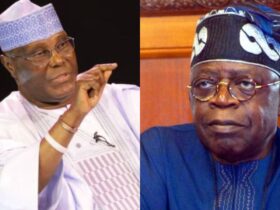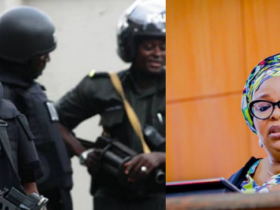In response to a widespread public outcry against a contentious budgetary allocation for a presidential yacht in the supplementary budget, the Nigerian House of Representatives has voted to eliminate the controversial presidential yacht allocation, signaling a significant shift in budget priorities.
The Chairman of the House Appropriations Committee, Abubakar Bichi Abubakar, revealed this development during a press briefing today.

In addition to scrapping the presidential yacht allocation, the House has increased the budget for student loans from the initially proposed N5.5 billion to N10 billion.
Also, the Committee made adjustments to the Ministry of Defence’s budget, increasing it from N476 billion to N546 billion in response to mounting security concerns. This demonstrates the government’s commitment to bolstering national defense and ensuring the safety and security of its citizens.
READ ALSO: Ajaero To Be Flown Abroad For Medical Treatment – NLC
Abubakar Bichi also confirmed that the House considered and approved a minimum wage increase for workers, which will be transmitted to the executive branch for final approval. This move is set to improve the livelihoods of Nigerian workers and demonstrates the government’s commitment to their well-being.
In response to the Minister of Federal Capital Territory (FCT), Nyesom Wike’s request, the House retained a budget allocation of N100 billion for the FCT. This decision reflects the government’s dedication to supporting the development and infrastructure of the nation’s capital.
Ultimately, the House of Representatives passed a budget totaling N2.177 trillion. Notably, the original allocation of N5.09 billion for a presidential yacht in the Federal Government’s N2.1 trillion supplementary budget, a source of significant controversy, has been removed.
The yacht was initially listed under the Nigerian Navy’s proposed capital expenditure of N42.3 billion. This decision reflects a more transparent and responsive approach to budget allocation, addressing the priorities and concerns of the Nigerian public.








Leave a Reply